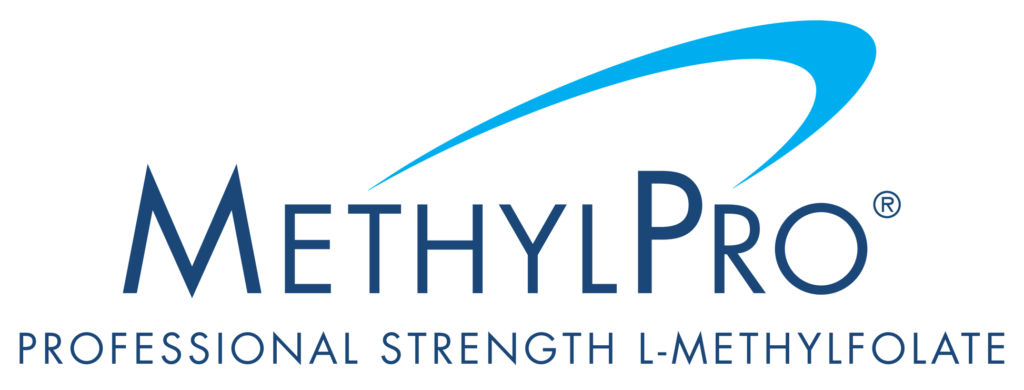In today’s fast-paced, hyper-connected world, it can feel difficult to justify taking time off. In fact, while the average US employer offers more paid time off than ever, historically, Americans are using that paid leave less than ever [1]. But, science continues to confirm what many of us intuitively know: taking vacations is essential for mental wellness [2]. Whether it’s a weekend getaway or a week abroad, stepping away from your routine offers meaningful benefits for your mind, body, and emotional well-being. Plus, you’ll come back to work recharged and ready for productivity [2,3]. The benefits of taking a vacation extend far beyond temporary enjoyment.
For some, the idea of travelling –even for vacation– can bring on feelings of stress. These feelings can hold you back from even starting the vacation planning process. Below, we will not only show you the benefits of taking a vacation, we will provide some tips and tricks to maximize those benefits and minimize stress and discomfort around travelling.
The Science Behind Vacation and Mental Wellness
Clinical research has shown that leisure vacations, specifically, can significantly impact brain health and emotional well-being. These effects do not apply to days taken off work for illness or family leave.
When reviewing the following evidence, keep leisure and relaxation in mind. A point to note is that adding a meditation practice to your vacation, or better yet, attending a mindfulness retreat may extend and maximize the stress recovery aspects of your vacation [4].
1. Reduced Stress Hormones
A new article published in The Critical Review of Social Sciences Studies (2025) reported numerous mechanisms behind vacations leading to better productivity, creativity, and life satisfaction for employees. They found that taking a vacation led to significant reductions in cortisol, the body’s primary stress hormone [5]. Lower cortisol is associated with better sleep, improved mood, and healthier immune function.
2. Improved Mood and Greater Happiness
Vacations have also been associated with healthier levels of serotonin and dopamine, which are the neurotransmitters typically associated with happiness and joy [5].
Even the anticipation of a vacation increases happiness levels [6]. Planning a trip a few months out can not only reduce the stress of planning, it can increase happiness and excitement for a significant period of time before travel.
3. Cognitive and Emotional Recharge
According to the American Psychological Association, downtime improves concentration and boosts mood [7]. With the constant use of technology blurring the lines between work, home, and social life, having a practice of closing browser windows, setting away messages, and establishing boundaries around work and downtime can impact the amount of recharge you get from taking a break [7].
Fully breaking from work routines and committing to immersion in a new environment can stimulate creativity and help regulate emotions, supporting a more balanced mental state [5].
4. Better Sleep Quality
In a study published by BMC Public Health, individuals who took a one week vacation that included exercise on most days reported better sleep quality and more energy compared to life before the trip [8].
Why the Benefits of Taking a Vacation Last Beyond the Trip
Beyond the immediate joy of relaxation, vacation experiences can have lasting effects:
- New experiences foster resilience by helping the brain adapt to unfamiliar environments [3].
- Stepping away from responsibilities allows time for reflection and mental clarity [4].
- Social connection during vacations—whether with family, friends, or new acquaintances—supports emotional well-being and feelings of belonging [9].
These factors all contribute to improved mental health and increased satisfaction with daily life once you return.
Tips for Less-Stress Travel
While vacations are beneficial, the planning and unpredictability can sometimes feel overwhelming. Here are a few ways to keep your mind calm and your experience enjoyable:
- Let someone else do the planning: Hire a travel agency to book your flights, cars, and hotels. Or, choose a single destination (maybe a meditation retreat) to spend your whole vacation to reduce the amount of time you spend in the air or on the road.
- Plan with flexibility: Build in downtime and don’t overbook your itinerary. Leave room for spontaneity. Remember the benefits above are associated with leisure.
- Prioritize sleep and hydration: A well-rested and well-hydrated traveler enjoys the journey much more. Try adapting to the local time zone as soon as possible. Avoiding alcohol and taking a supplement containing melatonin at bedtime can help to regulate your circadian rhythm and help you sleep soundly through the night.
- Stick to routines when possible: Bring comforting habits with you, like your favorite tea, morning walks, or journaling.
- Pack supplements that support mood and mental clarity: Supplements are safe for air travel in both checked and carry on bags [10]. For those with MTHFR mutations or methylation challenges, missing doses can significantly impact your mood. MethylPro® offers high-quality L-methylfolate, methylated B vitamins, and a variety of support formulas to help support a balanced mood and cognitive function, no matter where you go.
- Create Mini Retreat Moments: Even on a sightseeing-packed trip, take moments to pause: sip a coffee by a window, walk barefoot on the grass, or practice mindful breathing. These small breaks help reinforce the mental health benefits of your time off.
When You Return: Extending the Vacation Effect
Keep the good vibes going:
- Reflect on your experience through journaling or photos.
- Stay in touch with people you met on your journey.
- Integrate what you loved—new foods, morning walks, or rest periods—into your daily routine.
- Maintain the supplement routine that helped you feel your best on the road.
Travel with Mental Wellness in Mind
The benefits of taking a vacation go far beyond “getting away.” From reducing stress and improving mood to enhancing cognitive health and promoting better sleep, vacations are a science-backed tool for total well-being. Whether you’re planning a weekend getaway or an international adventure, remember that travel is more than a break—it’s a vital part of holistic self-care.
Pack your bags, expand your mind, and nourish your mental wellness through the power of vacation.
References
- https://journals.sagepub.com/doi/abs/10.1177/0047287520966392
- https://www.tandfonline.com/doi/full/10.1080/00222216.2023.2193180#abstract
- https://journals.sagepub.com/doi/abs/10.1177/0047287520966392
- https://journals.plos.org/plosone/article?id=10.1371/journal.pone.0246038&fbclid=IwAR2XSeLiX_4wDNBflk7Gd9qWBnUd8L8PLtLv5Hf4kTo_msxVSiFw5gChjQI&trk=public_post_comment-text
- https://thecrsss.com/index.php/Journal/article/view/409
- https://dialnet.unirioja.es/servlet/articulo?codigo=8729639
- https://capuana.ifi.uzh.ch/publications/PDFs/24016_BA_Jonas_Gebel_18917955.pdf
- https://link.springer.com/article/10.1186/s12889-022-14838-7
- https://journals.plos.org/plosone/article?id=10.1371/journal.pone.0275004
- https://www.tsa.gov/travel/security-screening/whatcanibring/items/supplements

